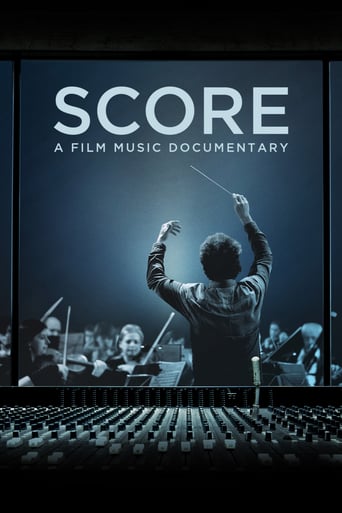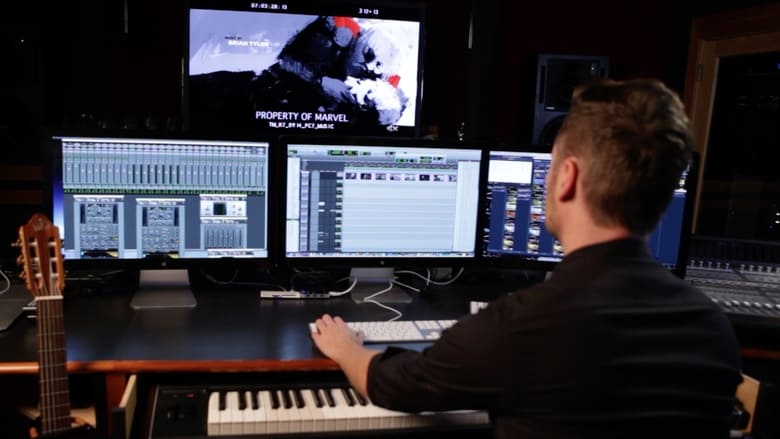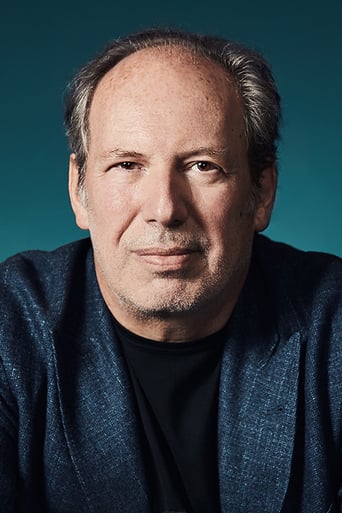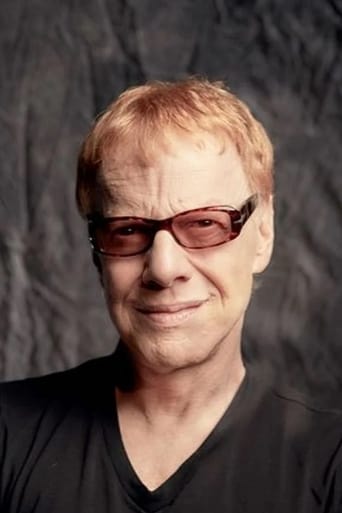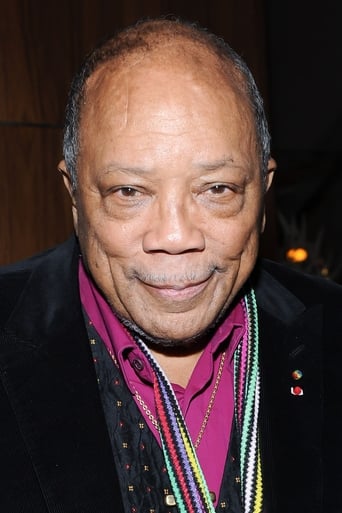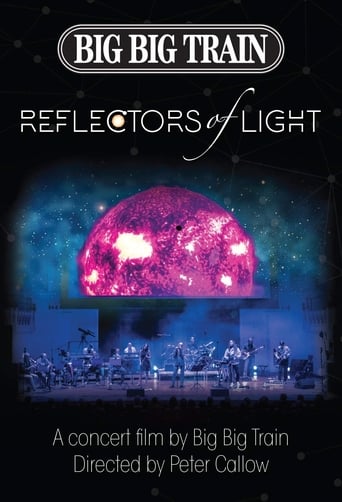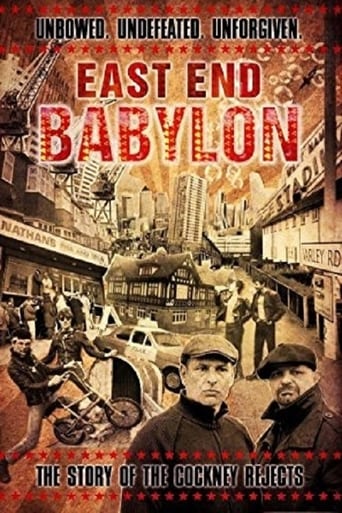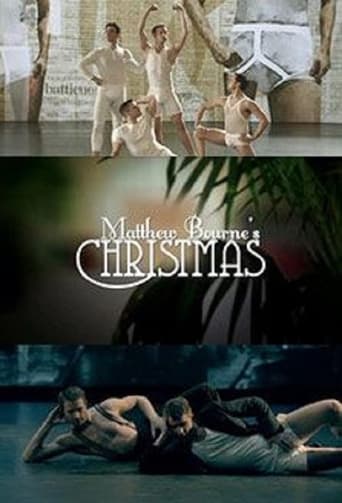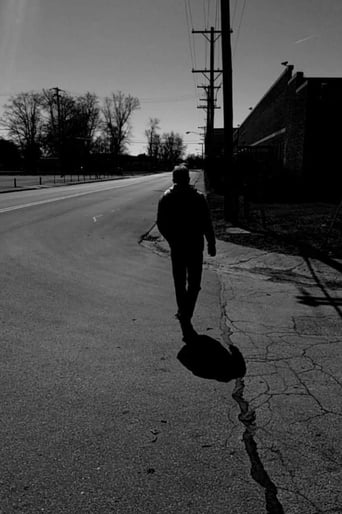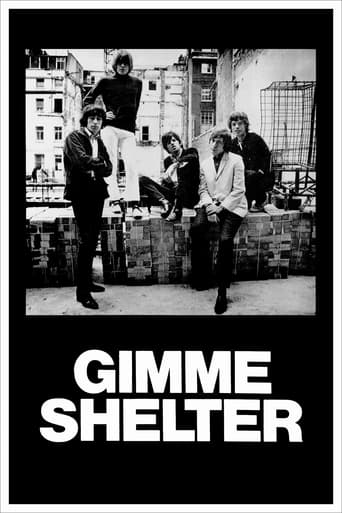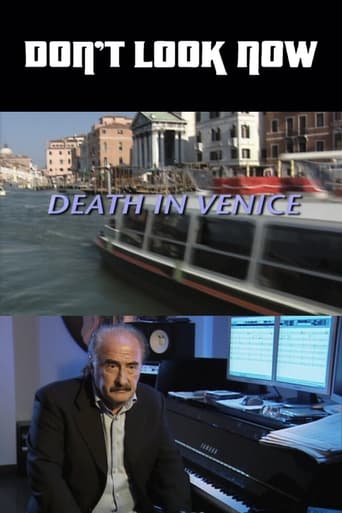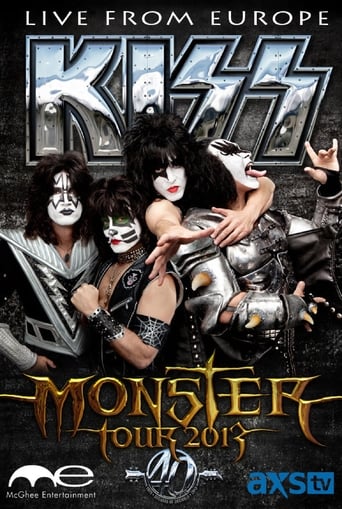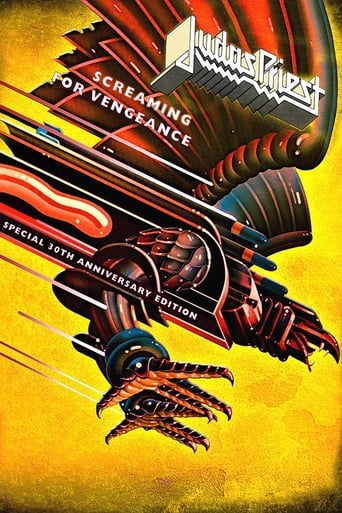Score: A Film Music Documentary (2017)
Music is an integral part of most films, adding emotion and nuance while often remaining invisible to audiences. Matt Schrader shines a spotlight on the overlooked craft of film composing, gathering many of the art form’s most influential practitioners, from Hans Zimmer and Danny Elfman to Quincy Jones and Randy Newman, to uncover their creative process. Tracing key developments in the evolution of music in film, and exploring some of cinema’s most iconic soundtracks, 'Score' is an aural valentine for film lovers.
Watch Trailer
Cast
Similar titles

Reviews
Very well executed
Please don't spend money on this.
I wanted to but couldn't!
By the time the dramatic fireworks start popping off, each one feels earned.
I enjoyed the background and interviews, but wanted more. I can't believe John Carpenter was not included. I am not sure if he is being slighted by Hollywood for doing his own thing, but he deserved to be included. Another slight was the recently deceased Johann Johannsson. Johann was one of the most innovative modern film composers and will be deeply missed. I also wished they would have revisited the guy with the Piano in the valley to see what he did with that unique set up.
Score: A Film Music Documentary (2016) was written and directed by Matt Schrader. The film featured dozens of people who have written, directed, and played music for movies. These included Hans Zimmer and Danny Elfman, but there were many, many more. Often, we don't even notice the music playing during a film. Or else we somehow believe that the music just arrived in the movie. There it is--we listen or not depending on how loud it is or how beautiful it is. Of course, some film music has become popular in its own right. Figure skaters still perform to Tara's Theme, or the 007 theme, or the music from Dr. Zhivago, years after the films have somewhat faded from our mind.Still, cinema is a visual medium, and we don't think much about the music when we're watching the movie. The music is "just there." Except that it isn't. Score documents the immense effort and cost involved in bringing music into the films.I recommend this movie because I think that you'll learn quite a bit, as I did. Also, the film made me more conscious of the music we hear every time we go to the movies, or watch a film on the small screen. Also, it will work very well on the small screen.
From opening on an altered piano used to score The Hurt Locker to hearing the live acoustics of Abbey Road Studios, Score: A Film Music Documentary takes us on an intriguing journey through the history, process, and personalities of film music. This vast ground is covered without feeling like a chaptered class lecture, and the composers, along with their scores, are presented with full freedom to shine on their own. Given that documentaries have recently seen a rise in popularity, it is always exciting to find those that break from the crowd; especially those which focus on a particular niche of an industry. It is easy for a niche documentary to become inaccessible to many audiences because of its disparity in common knowledge. Score, however, removes itself from this danger in two ways: first, by attaching composers' interviews to clips from numerous films that are very much in the public eye. For example, nearly everyone can relate to the "less is more" principle that is touched upon when put into the example of Jaws and it's unmistakable theme. Secondly, Score allows us to connect with the personable, quirky side of these composers rather than harping on their craft and process alone. Every composer becomes relatable. The authenticity of these composers grants us raw insight into their personal methods along with their insecurities. We see Hans Zimmer, the master of the modern film score (Gladiator, Pirates of the Caribbean, The Dark Knight), confess that he does not know where the inspiration for music comes from and that there is "always the fear that someone is going to switch off the tap" in his creative process. Meanwhile, on the lighter side, it is charming to follow Brian Tyler into the theater as he gets a kick out of observing audience members' reactions to his music. We get to be a fly on the wall to witness the genius of Steven Spielberg and John Williams as they create E.T.'s legendary score. We are ultimately given a wider, renewed appreciation for the musical aspects of the films we know and love.What the film boils down to, however, is what gave me the greatest spark of inspiration as a student composer: the recognition of film scoring as its own art form that requires its own special set of instincts for emotional translation through music. This notion was best revealed to me when Score examined President Barack Obama's victory speech in 2008 and the decision to play music from Remember the Titans in the background. The emotional impact of the score in its original film was so strong and memorable that it was deemed the best fit for a real-world event as significant as this presidential victory speech. Score convinces its audience that while we are not always aware of it, film music plays an essential role in the films we love and the feelings we walk away with afterwards.As a film score enthusiast and budding composer, Score was a complete thrill that seemed almost tailor-made to my dreams. It encompassed nearly every question I had wondered and supported my seemingly lonely doubts with a resounding "Me too!" from the world's greatest film composers. I have no doubt that this documentary will inform and inspire the industry's next generation. Prepare for the itch afterwards to rewatch your favorite films with a renewed ear for the score!
A fairly comprehensive documentary about composers of music scores, their process in working with directors, their relationship with musicians and their reactions to the finished product. The film focuses somewhat on Jerry Goldsmith, John Williams and Hans Zimmer (who speaks quite a bit in the film and is amusing) but many other composers are included. The changing nature of film scores over time is explored. A film historian and a psychologist also make appearances. One of my favorite parts looked at different instruments that have been used in soundtracks. I will probably be paying a lot more attention to the score in films I see in the future!
